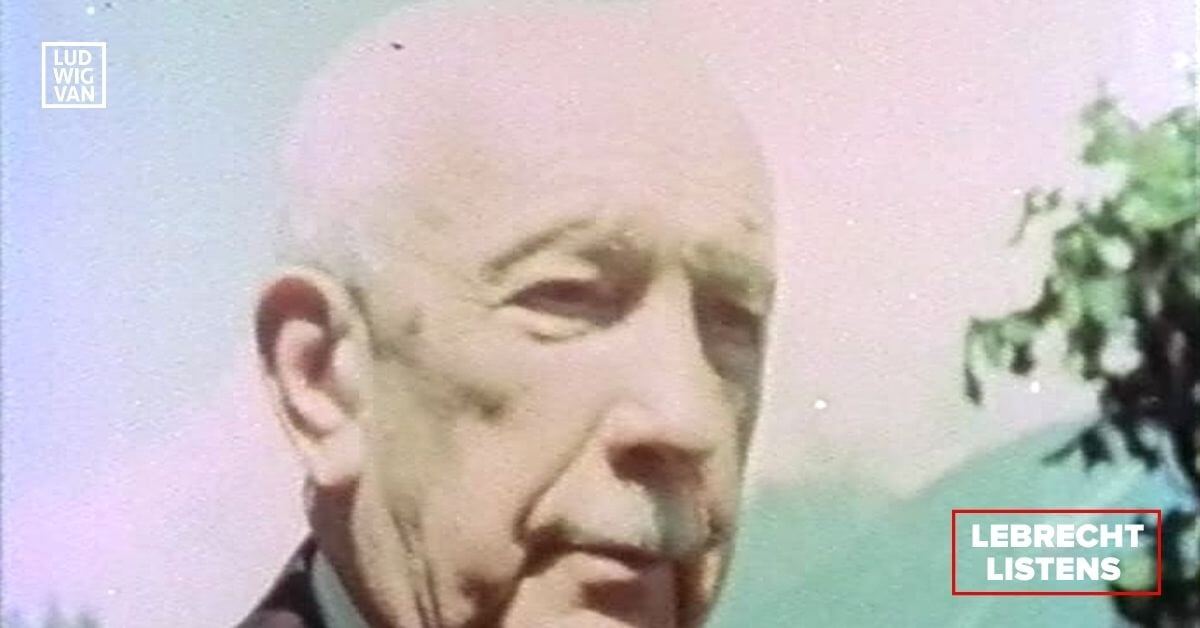
Sinfonia of London: Metamorphosen (Chandos)
★★★★☆
🎧 Spotify | Amazon | Apple Music
In mid-March 1945, Richard Strauss set about writing a suite for string orchestra that would reflect his feelings at the surrounding devastation. The 80-year-old composer had seen his hometown Munich bombed to ruins, but he was comfortably situated in Alpine Garmisch and at no immediate personal risk. His suite, Metamorphosen, was bittersweet: a reflection on his country’s defeat and his own early complicity with its fallen Nazi regime.
The music of Metamorphosen is usually performed as lament. Here, John Wilson and the Sinfonia of London reinterpret it chillingly as elegy — an old man looking back not in anger as but in a kind of satisfaction at the sights and sounds he once enjoyed, and which will never be experienced in the same way again. Strauss in 1944-45 reverts often to the sound world he once shared with Gustav Mahler. Here, there are hints of Mahler’s Adagietto, but even more of late Brahms and young Schoenberg. There are moments when Wilson’s orchestra could be playing Verklärte Nacht.
The companion pieces are no less provocative. Franz Schreker’s Intermezzo, dated 1900, should be retitled Interschmaltzo. It smears itself all over the strings like double-cream on apple strudel, and delivers a kind of tastelessness that can only be bad for your waistline. Beautiful, but is that all?
Erich Wolfgang Korngold’s Symphonic Serenade was written, like Metamorphosen, at the end of war and from the fantasy world of Hollywood. Although Korngold made its finale out of his 1935 score for Captain Blood, the overall impression is more Strauss than Richard’s suite — two composers writing what they thought might go down well in a Vienna that no longer existed.
The context in a concert program does not come cleverer than this.
To read more from Norman Lebrecht, subscribe to Slippedisc.com.
#LUDWIGVAN
Get the daily arts news straight to your inbox.
Sign up for the Ludwig van Daily — classical music and opera in five minutes or less HERE.
- LEBRECHT LISTENS | Jordan Bak’s Cantabile For Viola Reveals The Neglected Instrument’s Beauty - April 12, 2024
- LEBRECHT LISTENS |David Robert Coleman & The Berlin Radio Symphony Orchestra Reveal The Charms Of Walter Kaufmann - April 5, 2024
- LEBRECHT LISTENS | Recordings Of Ysaÿe, Brahms & Busoni Show Not All Violin Concertos Were Created Equal - March 28, 2024



